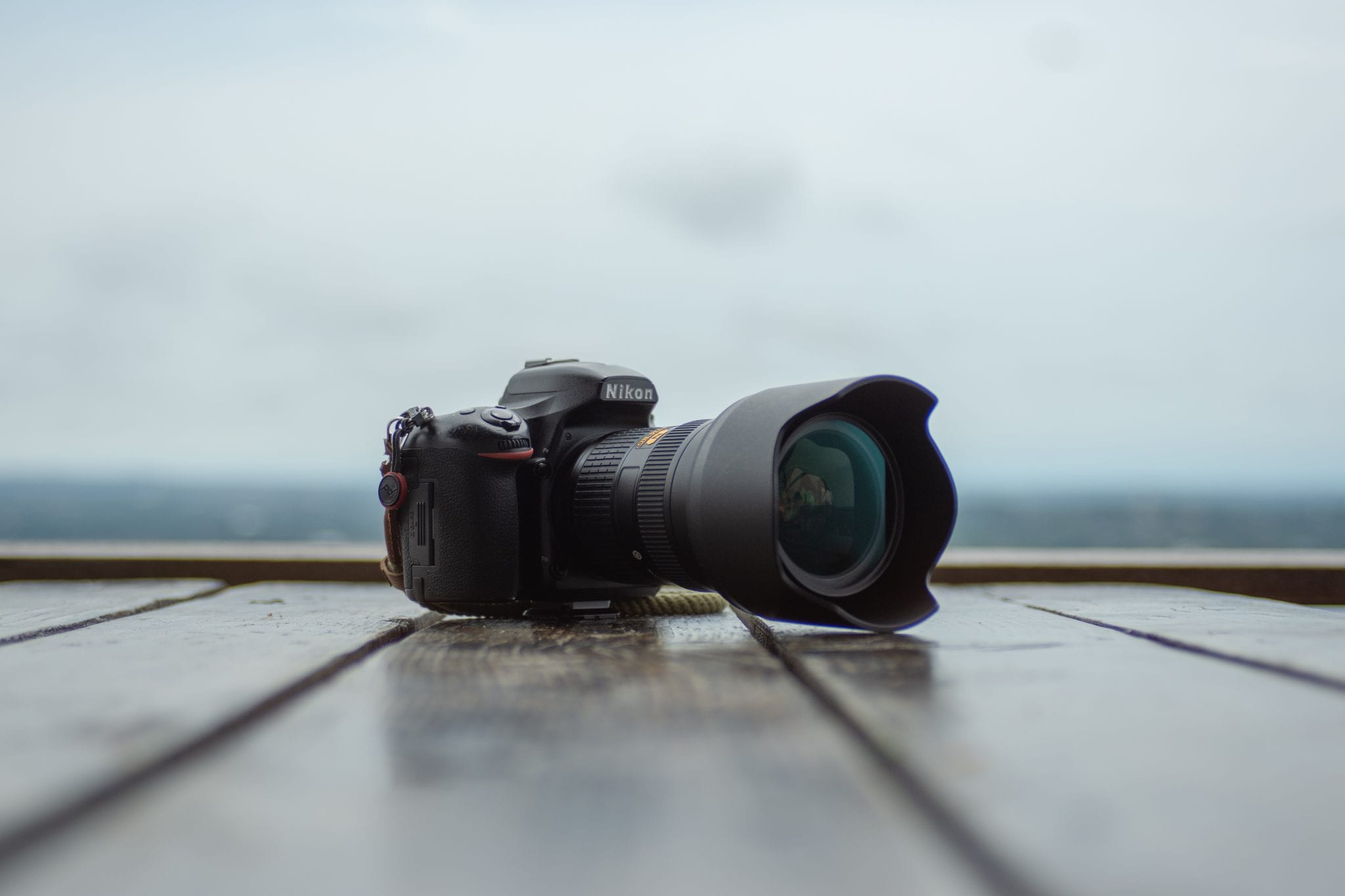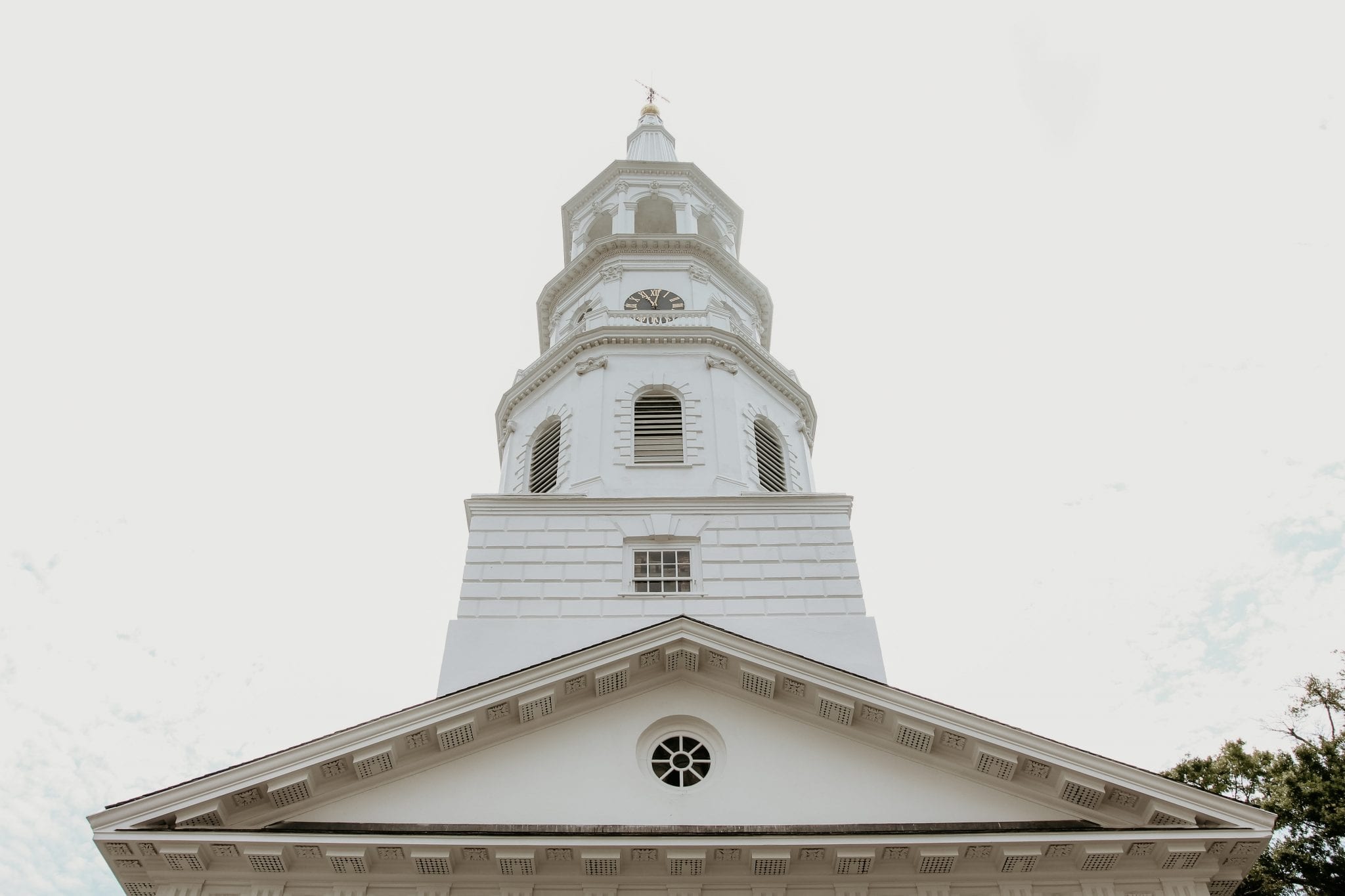On Episode 105 of The Edge of Innovation, we’re talking with Jacob Young identifying and measuring success in a non-profit organization.

Hacking the Future of Business!

On Episode 105 of The Edge of Innovation, we’re talking with Jacob Young identifying and measuring success in a non-profit organization.

On Episode 103 of The Edge of Innovation, we’re talking with professional photographer, Arthur Morris, about the best camera systems & equipment that he uses!

On Episode 99 of The Edge of Innovation, we’re talking with Mark Dever, the senior pastor at Capitol Hill Baptist Church, about whether or not church is the place for innovation.

On Episode 98 of The Edge of Innovation, we’re talking with Mark Dever, the senior pastor at Capitol Hill Baptist Church in Washington D.C. about how a church is different than other organizations.

On Episode 97 of The Edge of Innovation, we’re talking with Mark Dever, the senior pastor at Capitol Hill Baptist Church in Washington D.C.